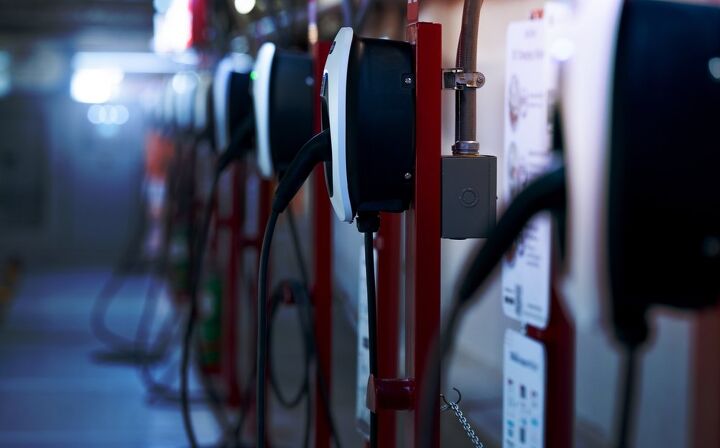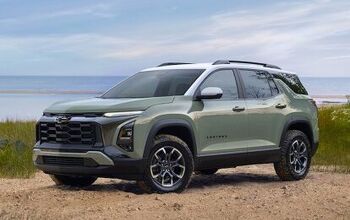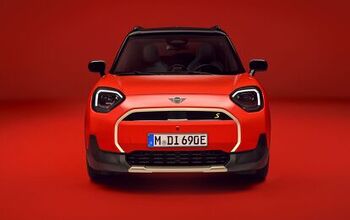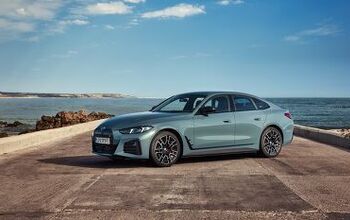Retail Giants Step Up: Costco, Ikea, Target, and Walmart Join the EV Charging Movement
A recent study by Consumer Reports sheds light on the current landscape of electric vehicle (EV) charging stations in the United States, focusing on the role of retailers. The research, which examined over 270,000 store locations across various retail categories, reveals a vast potential for growth in EV infrastructure through retail participation. Despite the low presence of EV charging facilities at retail locations, there are substantial benefits and federal incentives available for retailers willing to invest in this area.
Retailers and EV Charging Availability
The analysis encompassed a broad range of retail categories, including big box stores, grocery stores, drugstores, department stores, convenience stores, and discount stores. Findings indicate that EV charging stations are notably scarce across all retail types, with an average availability ranging from one in every 14 big box store locations to one in every 40 department stores. This scarcity highlights a significant gap in the current EV infrastructure and the opportunity for retailers to become more involved.
Benefits of EV Charging for Retailers
The addition of EV charging stations not only serves the growing number of EV drivers but also offers several advantages for retailers. Data suggests that installing EV chargers can increase store foot traffic by an average of 4 percent and revenue by 5 percent. Moreover, the majority of retail locations in the U.S. qualify for federal benefits that cover 30 percent (up to $100,000) of the installation costs, making it a financially viable initiative for many businesses.
The Triple Bottom Line
Installing EV chargers aligns with the concept of the triple bottom line, benefiting people, the planet, and profits. Retailers can attract more customers, enhance their brand image, and take advantage of federal incentives. Additionally, the strategic placement of charging stations can make sustainable transportation options more accessible to all communities, emphasizing the importance of equity in these efforts.
Consumer Interest and Retailer Commitment
The study also includes survey data revealing that many Americans are considering EVs, but the lack of convenient charging options poses a significant barrier. While some retailers like IKEA have made notable progress by offering EV charging at nearly all of their U.S. locations, others lag far behind, with no leading fast-food chains providing significant EV charging facilities.
Recommendations for Retailers
To address the growing need for EV infrastructure, Consumer Reports urges retailers to:
- Establish and adhere to specific timelines for EV charger installation.
- Consider equity in site selection to ensure accessibility in underserved communities.
- Educate both customers and employees about EV charging.
- Maintain transparency regarding charging locations and services.
- Ensure the durability and reliability of charging stations through proper maintenance.
Conclusion
Retailers possess a unique opportunity to play a crucial role in expanding the EV charging network across the United States. By investing in EV infrastructure, retailers can not only contribute to the environmental cause but also derive economic benefits through increased customer engagement. The encouragement of federal incentives further supports this initiative, offering a strategic avenue for businesses to partake in the clean transportation future.
This article was co-written using AI and was then heavily edited and optimized by our editorial team.
More by TTAC Staff
Latest Car Reviews
Read moreLatest Product Reviews
Read moreRecent Comments
- Bd2 Looking forward to flooding the rental lots with Hyundai and Kia models, this is just one obstacle now eliminated.
- Kcflyer keep the color. lose the stupid front design. make it reliable, at least as reliable as a base 911. Then and only then is it somewhat worthy of that price.
- FreedMike I'm not sure why anyone would choose this over an A8 or S-class.
- FreedMike I think the manufacturers who are discontinuing affordable small and midsize cars in favor of more expensive crossovers (that are built on the same platforms and use the same mechanicals as said small and midsize cars) may well live to rue that decision. Having said that, though, at least GM is offering decent entry level stuff beyond the Malibu, so good for them.
- Kjhkjlhkjhkljh kljhjkhjklhkjh The only one worth missing is in the EU making 350-ftbs of twist off a 2.0 diesel ..


































Comments
Join the conversation